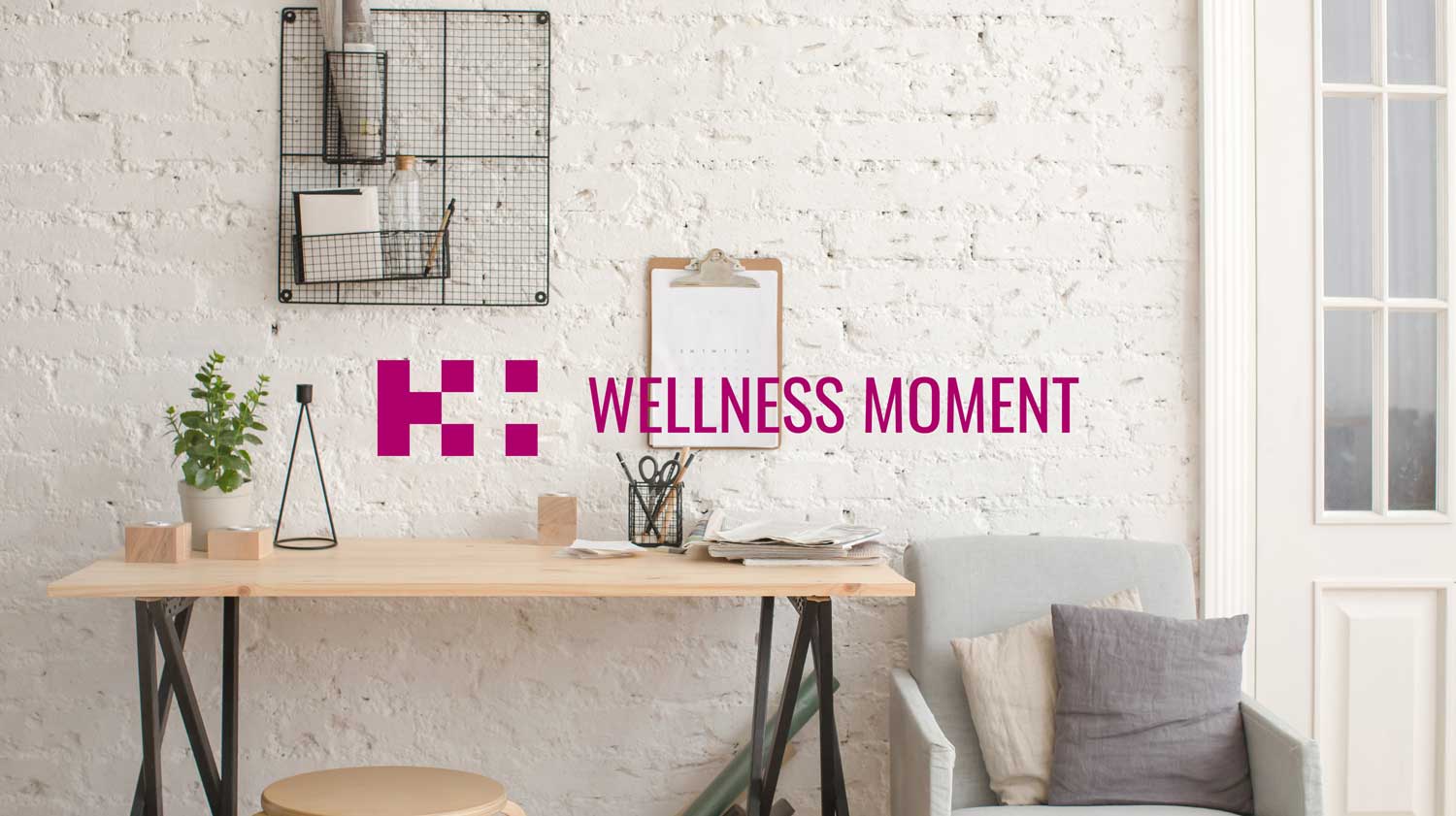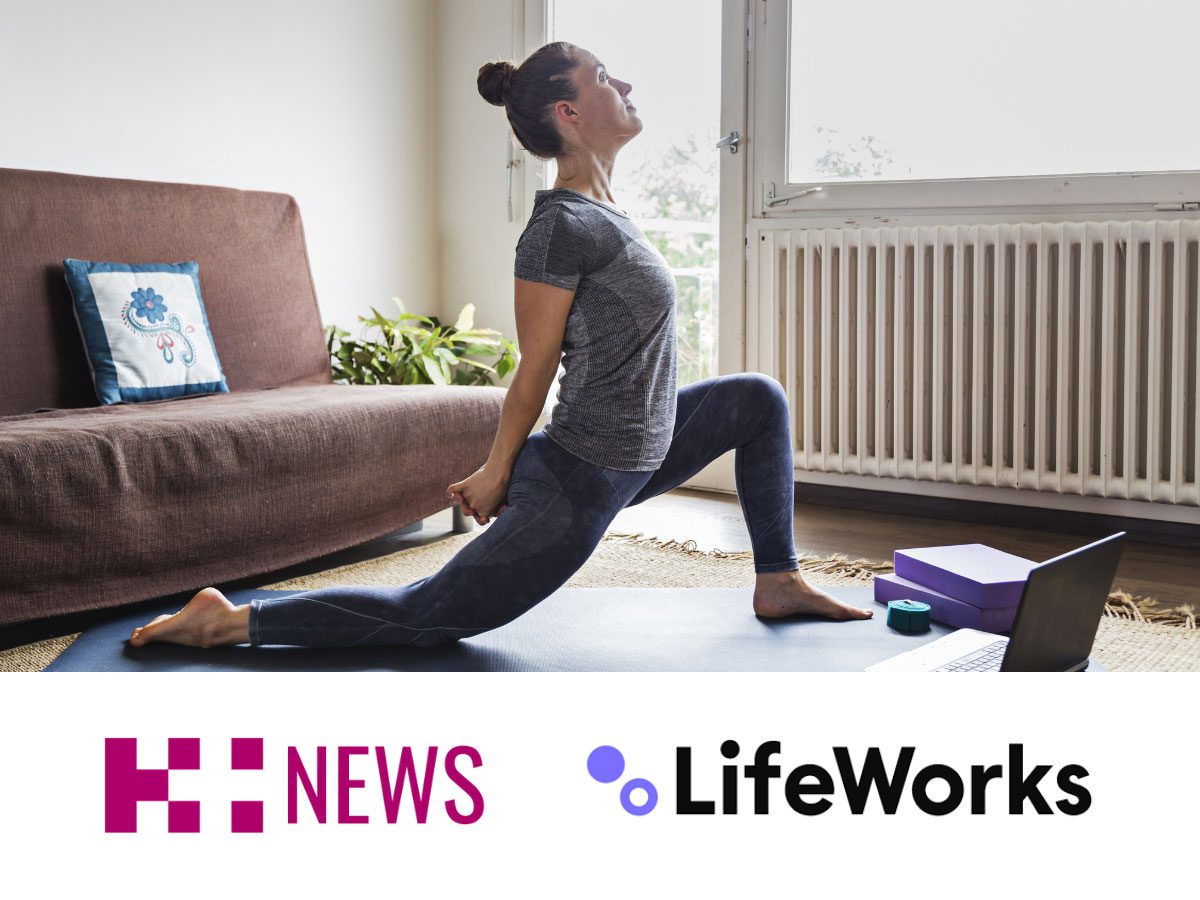
5 Tips to Create a Healthy Workspace
5 Tips to Create a Healthy Workspace
We spend a huge part of our days and lives working. It’s estimated that the average person will spend one third of their lives at work. That means creating a healthy work environment is essential for overall health, but it’s easy to get in a rut at work, sitting and staring at a screen all day. Here are some tips to be a little more intentional about your health, even while you’re working.
Take Screen Breaks
It’s not news that excessive screen time can be bad for our health, causing eye strain and impacting mental health. If you work in front of a screen all day, make sure to follow the 20-20-20 rule. Every 20 minutes look away from your screen at something 20 feet away for 20 seconds to give your eyes a break.
Stand Up
Sitting is linked to countless negative health effects, including back pain, weight gain, and a higher risk of diabetes and heart disease. But what can you do if your job involves sitting at a desk all day? Try a standing desk, a walking meeting, or make a point to get up and stretch throughout your workday.
Connect With Other People
It’s easy to get lost in the tedium of day-to-day tasks, especially if you work from home. Developing and nurturing a sense of community combats isolation and helps you feel supported. Try reaching out to a colleague to grab a coffee or check out an industry event.
Declutter Your Space
We all work differently, including when it comes to organization. And that’s okay. But bringing some order to your workspace can boost your productivity and mood. Try a 5-minute tidy to refresh your space.
Take a Break
Burnout is a very real problem for Canadian workers. One way to combat overload is simply by taking a break, whether that means a vacation, staycation, or just regular time to yourself scheduled in your day. Taking a break will positively impact both productivity and mental health.
Bonus Tip: Utilize the benefits that come with your insurance plan
Health Plus Priority and Optimum plans include Telus Health (formerly LifeWorks) Employee Assistance Program (EAP). Available to all plan members, no matter where you work, your EAP provides confidential online counselling, digital resources for mental and physical health, and much more.
This Wellness Moment is from Health Plus Insurance. Read our past Wellness Moments. From our family to yours, take care. If you’re a Health Plus plan member remember you have access to free professional Wellness Resources.












